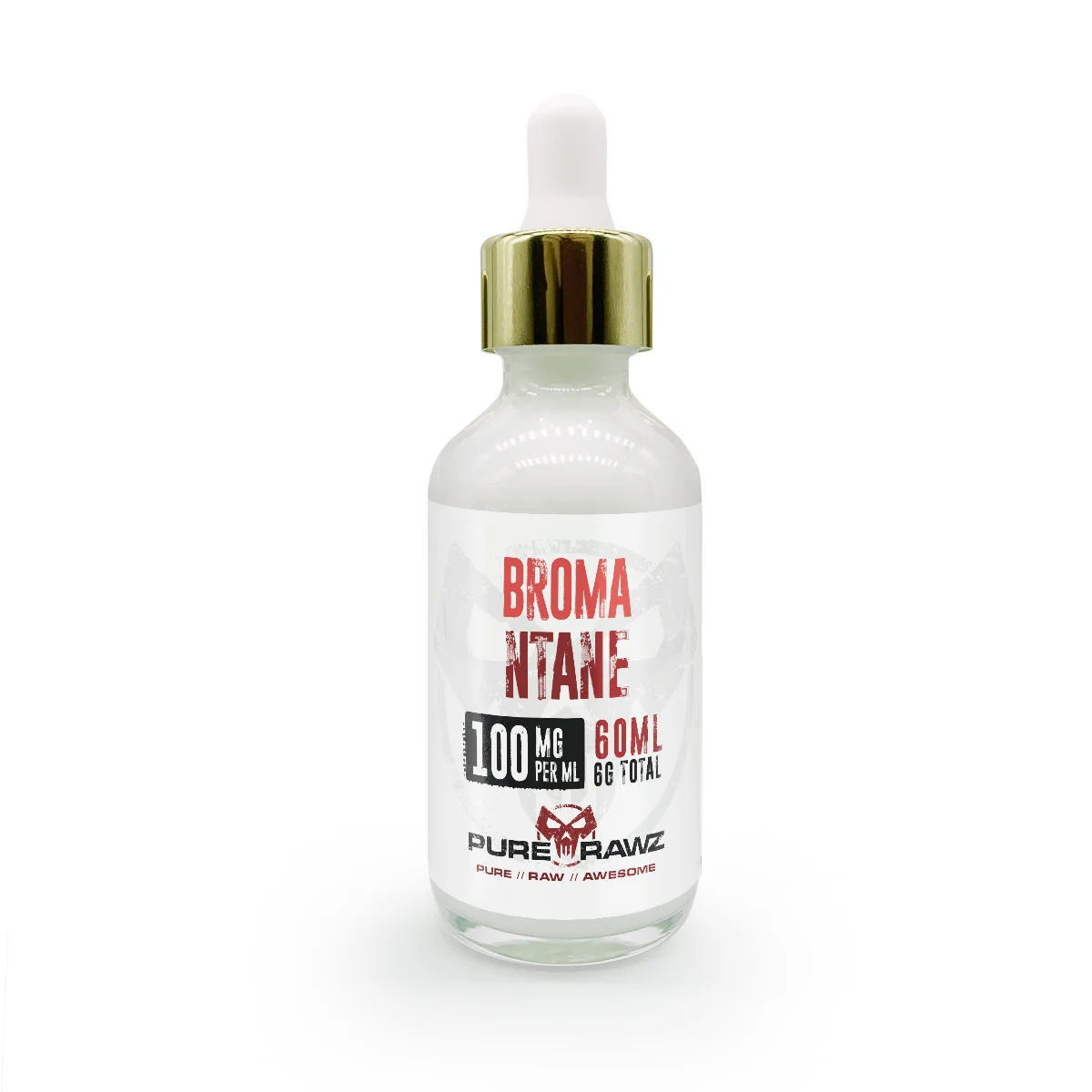Sleep for Focus: The Science Behind Better Cognitive Performance
Discover how quality sleep transforms your brain's ability to concentrate, remember, and perform at peak levels through evidence-based research and practical strategies. Learn about natural nootropics and exercise for brain health to complement your sleep optimization journey.
Key Takeaways
- Adults need 7-9 hours of sleep nightly for optimal cognitive performance (learn more about cognitive aging prevention)
- Sleep deprivation impairs attention equivalent to alcohol intoxication (discover stress reduction techniques for better focus)
- Consistent sleep schedules boost morning productivity by 23% (combine with proper hydration for maximum energy)
- Quality sleep clears brain toxins and consolidates memories (enhance with Bacopa for memory support)
- Evening routines can improve sleep onset and next-day focus (try L-Theanine for relaxation)
- Short naps provide temporary alertness but can't replace full night's sleep (explore caffeine + L-theanine for sustained alertness)
Supercharge Your Sleep & Focus with NeuroZoom
While quality sleep is essential, NeuroZoom takes your cognitive performance to the next level. This scientifically-formulated supplement enhances memory, focus, and mental clarity—working synergistically with your improved sleep habits.
